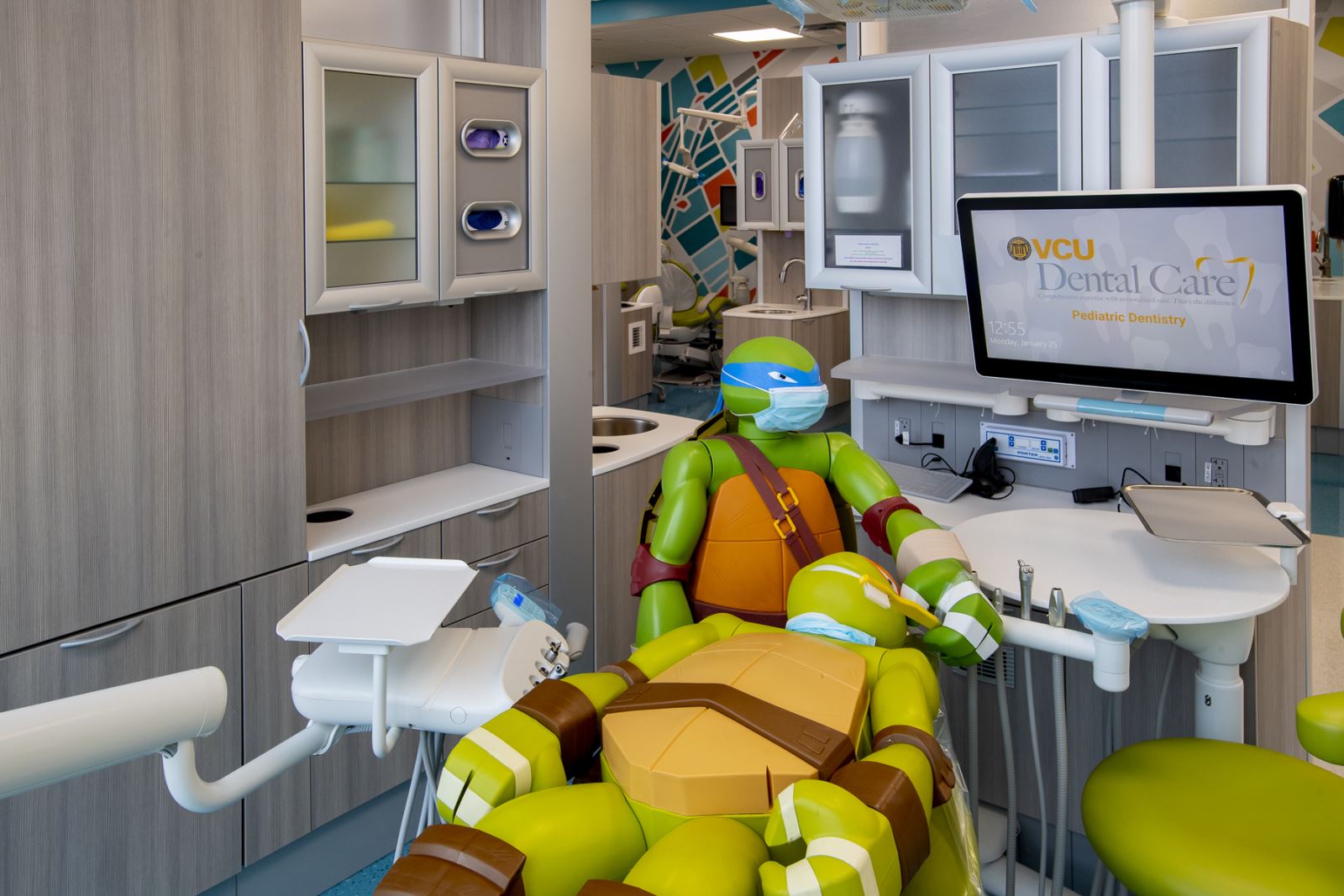The Importance of Regular Dental Examinations and Preventive Treatment in Pediatric Dental Care for Youthful Patients
Regular oral examinations and preventative care play a vital role in pediatric dentistry, working as the foundation for maintaining optimal oral wellness in young clients. These appointments not just assist in vital treatments yet additionally offer a platform for very early identification of dental problems, which can significantly affect a youngster's general health. Furthermore, instilling excellent dental health practices at an early age can bring about lasting benefits. Nonetheless, the question remains: just how can parents successfully browse these crucial dental sees to optimize their youngster's dental health and wellness capacity?
Benefits of Normal Examinations

One of the main advantages of regular examinations is the opportunity for professional cleansing. During these brows through, oral hygienists remove plaque and tartar build-up that regular brushing might miss, thus decreasing the threat of cavities and gum tissue disease. Furthermore, these visits permit for the application of fluoride therapies, which enhance tooth enamel and supply more security against degeneration.
In addition, pediatric dental professionals can provide individualized guidance on nutrition and dental health techniques customized to a youngster's particular demands. This education encourages parents and kids alike, cultivating an atmosphere of preventative care. Normal exams additionally build a positive relationship in between kids and dental specialists, minimizing anxiety and promoting a lifelong dedication to dental health and wellness (kid dentist near me). On the whole, consistent oral check outs are fundamental in making certain that kids keep healthy smiles as they expand.
Early Detection of Dental Issues
Very early discovery of dental problems is crucial in pediatric dental care, as it substantially influences a child's long-term oral health and wellness. Routine dental check-ups make it possible for the recognition of prospective issues before they rise into more severe problems. For instance, very early indications of tooth decay, imbalance, or gum illness can be recognized and addressed immediately, minimizing discomfort and the demand for intrusive treatments later on.
Children might not always express pain or understanding of oral issues, making specialist assessments essential. Dental professionals utilize numerous diagnostic tools, consisting of aesthetic evaluations and X-rays, to reveal hidden issues that may not be apparent to parents or caretakers.
Additionally, very early treatment can result in much better therapy results, cultivating an extra favorable oral experience for young people. For instance, addressing early-stage tooth cavities with minimally invasive procedures can stop the requirement for much more comprehensive restorations in the future.
Furthermore, developing a pattern of routine examinations not just permits the tracking of dental health and wellness yet additionally encourages children to take on a proactive mindset towards their oral hygiene. This fundamental approach to oral treatment establishes the phase for a life time of healthy and balanced oral practices and optimum oral health.
Significance of Preventive Treatment
Preventative care plays a pivotal function in pediatric dental care, considerably lowering the danger of creating major oral concerns. This strategy concentrates on maintaining ideal oral health via normal check-ups and specialist cleansings, which are essential in recognizing and attending to prospective issues prior to they escalate. By including safety nets, oral professionals can aid develop a strong foundation for a child's long-lasting dental health and wellness.

In addition, preventative treatment promotes a positive perspective towards oral visits, advertising a culture of dental hygiene that can last a life time. Children who get consistent preventive treatment are more probable to maintain healthy and balanced practices as they expand. Eventually, the significance of preventive treatment in pediatric dental care can not be overstated; it not only safeguards children's oral health and wellness yet also boosts their general well-being and top quality of life.
Educating Children on Oral Health
Educating children regarding dental health is important for instilling long-lasting healthy practices. Early education on proper dental treatment lays the structure for a commitment to keeping dental health. Pediatric dental practitioners play a critical duty in this process, using engaging techniques to educate youngsters the significance of cleaning, flossing, and normal oral check outs.
Parents ought to additionally be proactively included in their children's dental health education and learning. Developing a constant routine that includes brushing two times a day and flossing everyday reinforces these practices. Using age-appropriate devices, such as fun tooth brushes and flavored visit this site toothpaste, can make the experience enjoyable.
Additionally, describing the consequences of poor oral hygiene-- such as dental caries and gum tissue disease-- in a child-friendly fashion fosters understanding and duty. Including games, tunes, or interactive apps can likewise make finding out about dental care extra appealing.
Aesthetic help, such as charts that track cleaning behaviors, function as motivational devices. As kids come to be a lot more engaged in their oral health and wellness, they are likely to embrace these techniques right into their adult years. In sum, a collective approach amongst pediatric dental experts, moms and dads, and youngsters is necessary for advertising effective oral hygiene education and promoting a culture of preventative treatment.
Long-lasting Effect on Oral Health And Wellness
Recognizing the long-lasting effect of routine oral exams on oral wellness is crucial for fostering a life time of good oral practices. Routine visits to a pediatric dental expert permit for the very early discovery and management of potential oral health issues, such as cavities or misalignment, which can significantly influence a child's total health and wellness and health. By dealing with these issues quickly, youngsters are less most likely to experience pain, infection, or the requirement for considerable therapies in the future.

Fundamentally, establishing a structure of normal dental care throughout childhood years is important for guaranteeing optimal oral health and wellness end results. kid dentist near me. It not just promotes prompt dental health however also urges lifelong practices that add to a healthy and balanced, confident smile well into the adult years
Conclusion
Normal dental exams and precautionary treatment play a crucial function in pediatric dentistry, fostering ideal dental health and wellness in young people. These sees facilitate very early detection of dental issues, guaranteeing timely intervention and therapy. Safety nets, such as expert cleansings and fluoride applications, assistance preserve healthy and balanced teeth and instill necessary dental health routines. By focusing on these methods, a solid foundation for long-term oral health is established, substantially lowering the risk of severe oral troubles in the future.
Regular exams likewise build a favorable connection between children and oral specialists, alleviating anxiousness and advertising a lifelong commitment to dental health and wellness.Very early detection of oral issues is essential in pediatric dentistry, as it significantly affects a child's lasting oral wellness. By integrating preventive measures, oral specialists can help establish a solid structure for a child's long-lasting dental health.
Understanding the lasting effect of regular oral check-ups on dental health and wellness is important for cultivating a lifetime of excellent dental practices. Research studies indicate that children who involve in regular oral gos to are extra likely to keep great dental hygiene techniques as they grow, therefore reducing the risk of periodontal illness and various other dental complications later on in life.